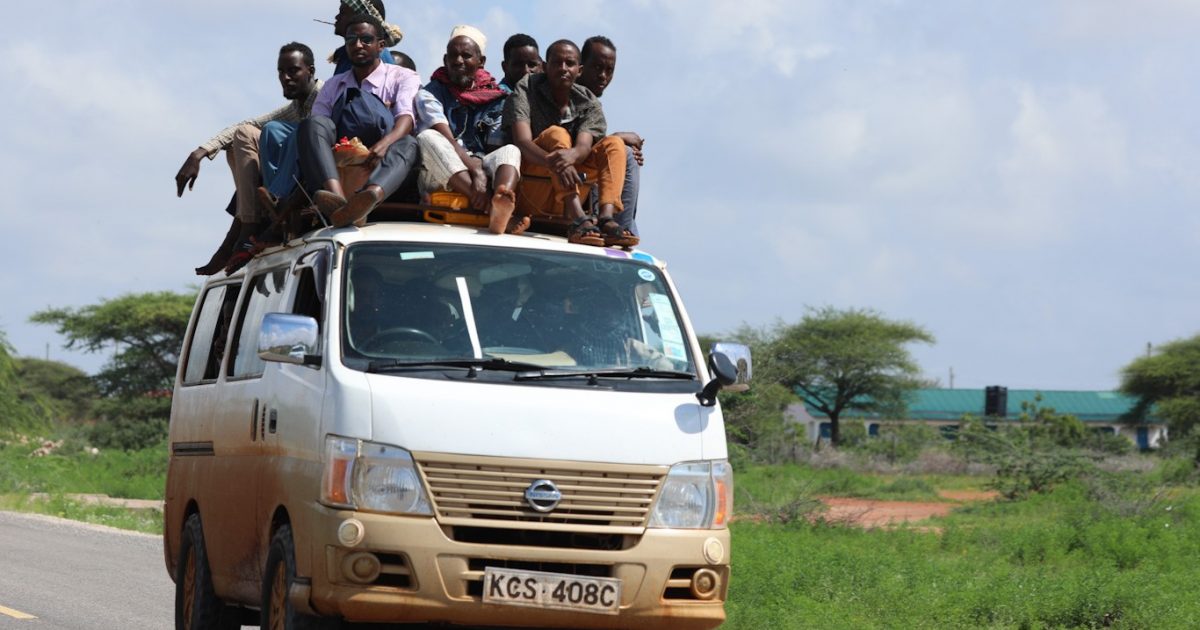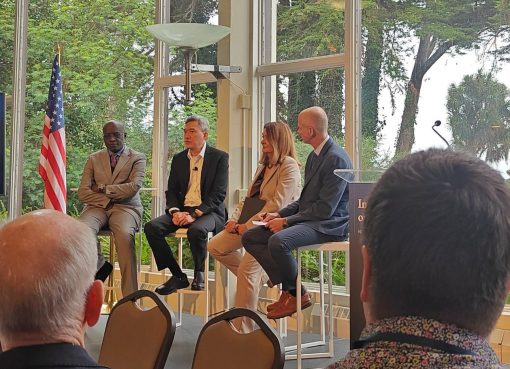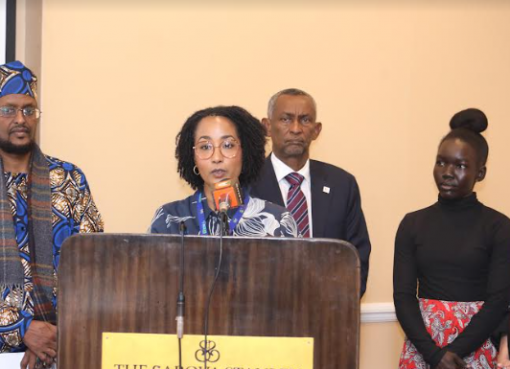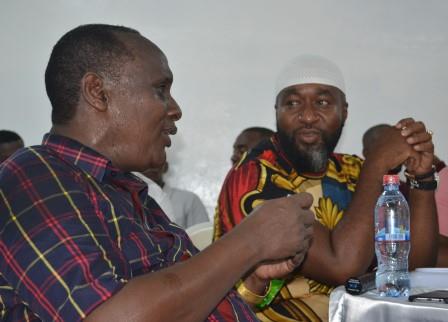Abdi Kithiye was a deeply troubled young man last year. Communities in his rural village of Tarbaj were living in constant fear of attacks by Violent Extremist Groups roaming the vast areas of Wajir County, bordering Somalia, in Northeastern Kenya.
Kithiye didn’t know what to do and where to begin to confront the challenges facing his community, but he felt compelled to take some action.
I met Kithiye last year in Wajir when he was speaking to a group of young people after a football match organized by USAID as one of the initiatives meant to curb radicalization and violent extremism.
“Teachers were running away forcing schools to close down nearly every day. We were hearing reports that extremist groups had attacked a village or threatened communities living near the border with Somalia,” he narrates.
“Deep down, I knew the threat was increasing and our future was at stake. I wanted to do something but I didn’t know how and where to begin,” he recounts.
At the same time, a US government funded Equal Access International (EAI), was rolling out a new project aimed at increasing the resilience of Somali-speaking communities to impact on Violent Extremist Groups.
This is with special emphasis on strengthening local capacity to counter Al-Shabaab’s recruitment efforts and shifting attitudes related to ideologically-motivated violence.
The project, which is being implemented in Wajir, Garissa, and Nairobi Counties, areas which are always targeted in constant attacks from violent extremists had a specific component to empower people like Kithiye.
“I saw a Facebook advertisement asking young people to apply for a training program to empower them to use online and offline platforms to offer alternative messaging to the youth who were continuously facing the allure from the extremist groups. I grabbed the opportunity,” says Kithiye.
EAI’s Technical Camps are designed to strengthen the capacity, reach, and visibility of influencers to create powerful, credible, culturally relevant, and scalable alternative narratives and pathways that strengthen good social behavior, community resilience, inter-group dialogue, and civic empowerment in targeted communities.
The Technical Training Camps, also held in Nairobi and Garissa Counties, created a pool of dedicated trained leaders to reach out to their fellow youth and chart a future free from violence.
“I had the social media platforms to speak about the dangers posed by these groups, but as a matter-of-fact, the risks were enormous. I could be targeted by their sympathizers, who were everywhere, even in my village,” he says.
During the week-long training, Kithiye and his colleagues underwent lessons on empowerment, narratives used by Violent Extremist Organizations and counter/alternative narratives, how to create impactful online campaigns and ultimately become peace influencers.
He enthusiastically took on the training opportunity and eventually graduated as one of the Peace Promotion Fellows.
Kithiye was tasked with coming up with his own unique campaign technique to help his community resist and overcome the growing challenges of violent extremism.
While many chose to take up campaigns on issues such as Gender-Based Violence and girl’s education, Kithiya has made it his passion to counter narratives propagated by Violent Extremist Groups.
“I got more empowered and felt there was something I could do to help my community through my voice, and I started providing alternative accounts to people through my social media pages. In a way I was telling people what life would be without the constant fear from violent groups,” he says.
As Kithiye and other Peace Promotion Fellows move forward with their projects and campaigns, they anticipate their hard work to have a positive impact.
“It means children will go to school without fear of violent repercussions and targeting, business will boom as people won’t fear travelling from place to place, and there will be greater co-existence between communities,” he adds.
On his part, Equal Access International (EAI), East Africa Director, Abdirashid Hussein, said EAI has initiated parallel media campaigns through local FM radio stations.
This aims at reaching more people with key messages on violent extremism and the need to counter the destructive path of violent organizations.
“The future belongs to the young people and we want to empower them so that they can ably chart their path without fear,” Hussein observed.
He said that in addition to the work of the Peace Promotion Fellows and other influencers, they have mainstreamed the fight against radicalization. “We have provided our youth with different platforms they can interact with, including a dedicated online hub where they can exchange ideas and network.” He added
Through funding from the U.S. State Department’s Global Engagement Center (GEC), EAI is implementing the Somali Voices Project aimed at building resilience and countering violent groups’ narratives and messages in Kenya and other neighboring countries.
By Donald Ngala





